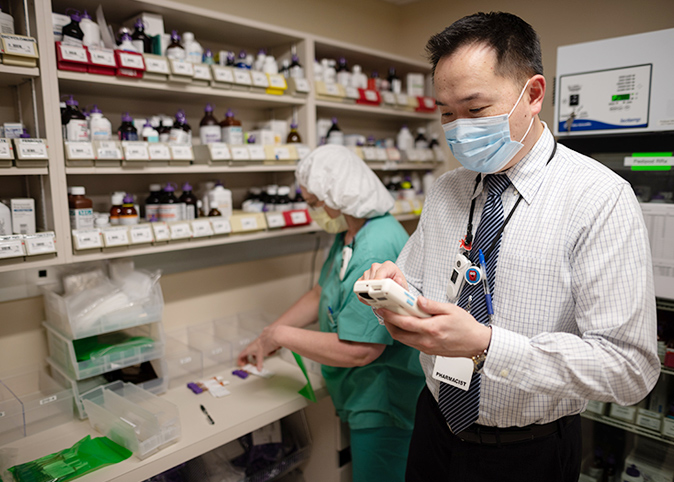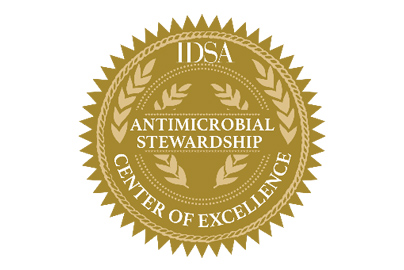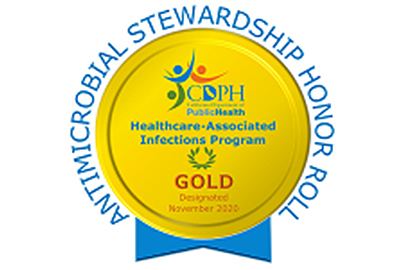Our team is dedicated to assisting and educating providers with antimicrobial decision making so that antimicrobials can be used in a way that maximizes benefit, minimizes risks to individual and public health, and provides the greatest value for our healthcare dollar.
Antibiograms
Antibiograms use local resistance data to help guide empiric antibiotic selection. Their use can minimize insufficient coverage for organisms like MRSA while also helping avoid unnecessarily broad coverage for less frequently resistant organisms like E coli.



